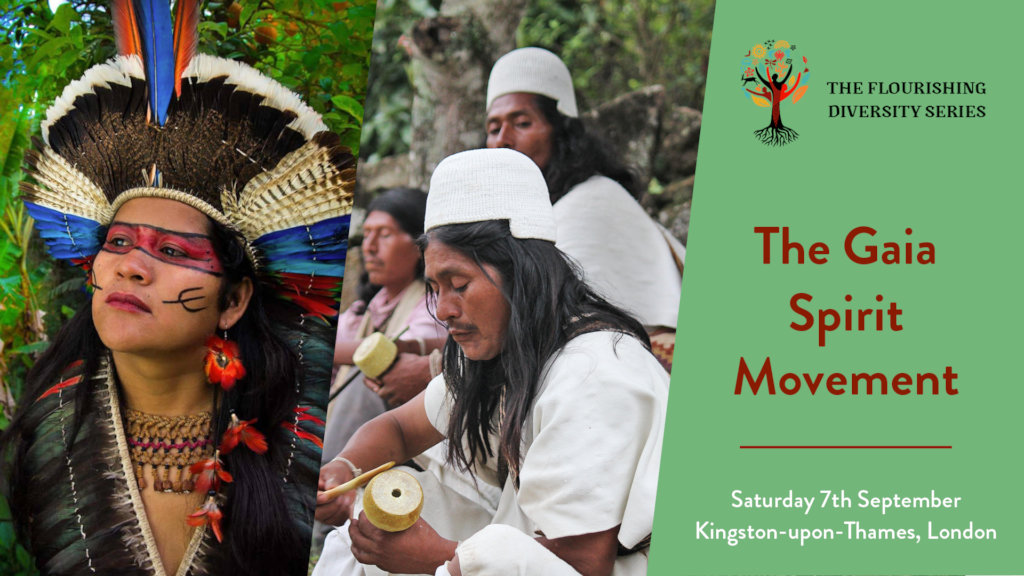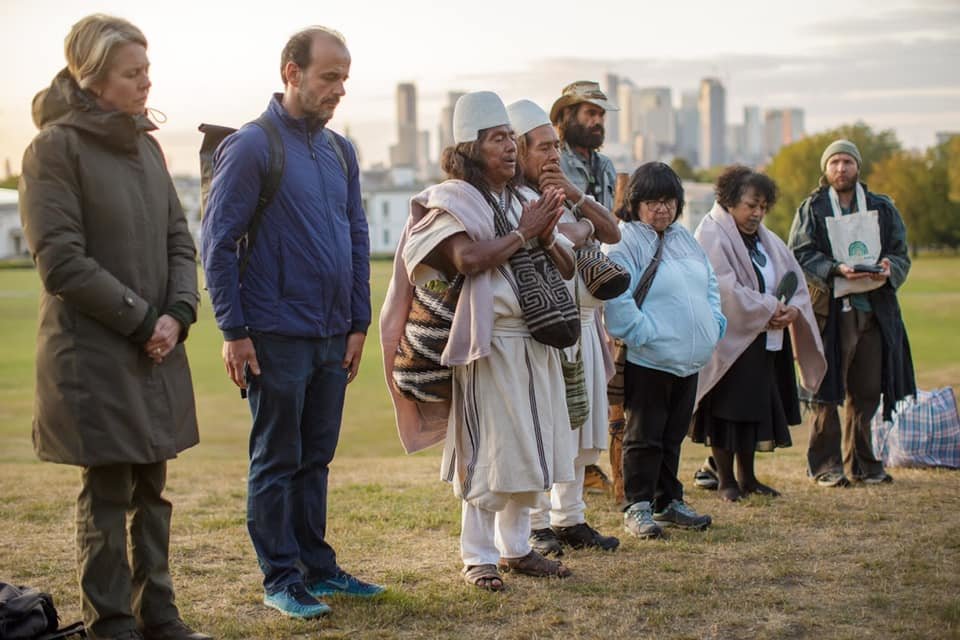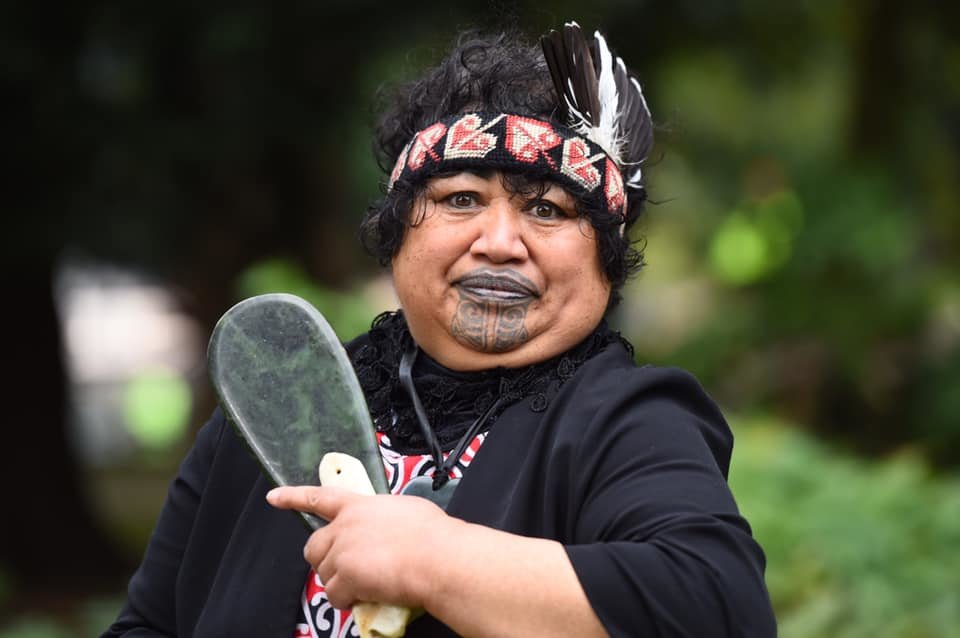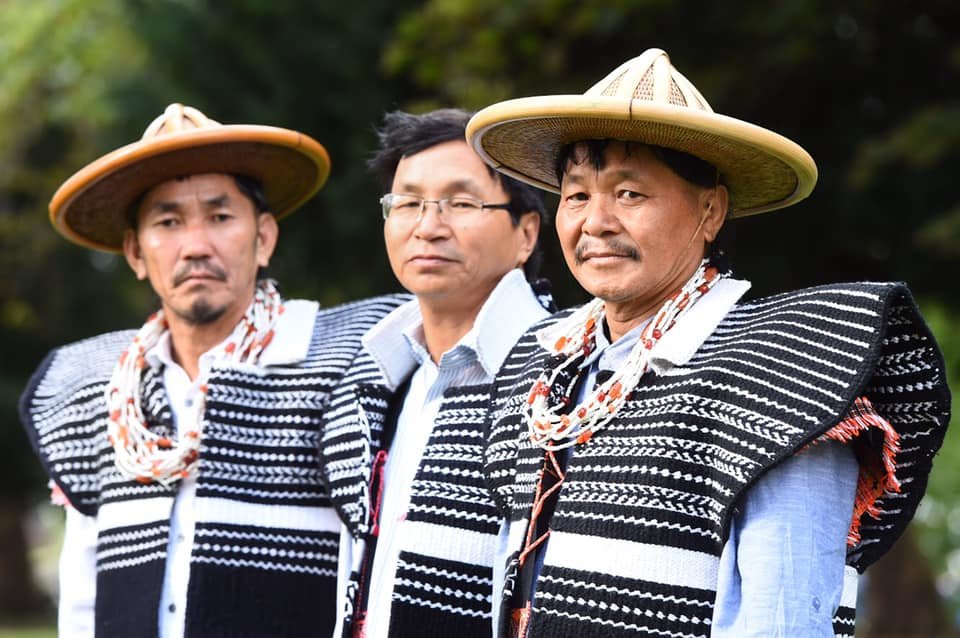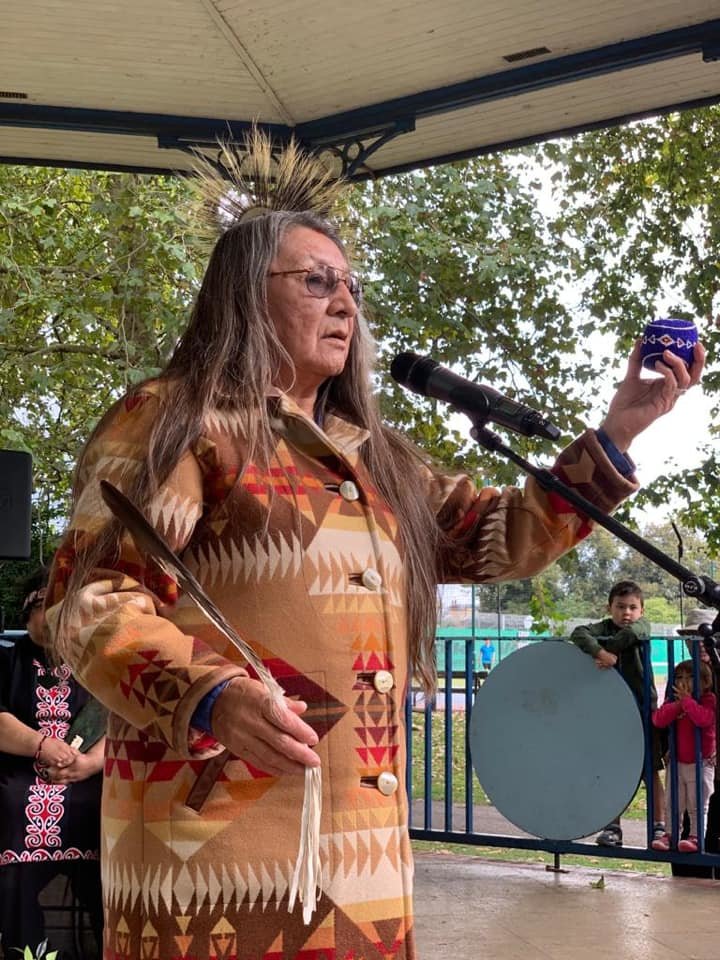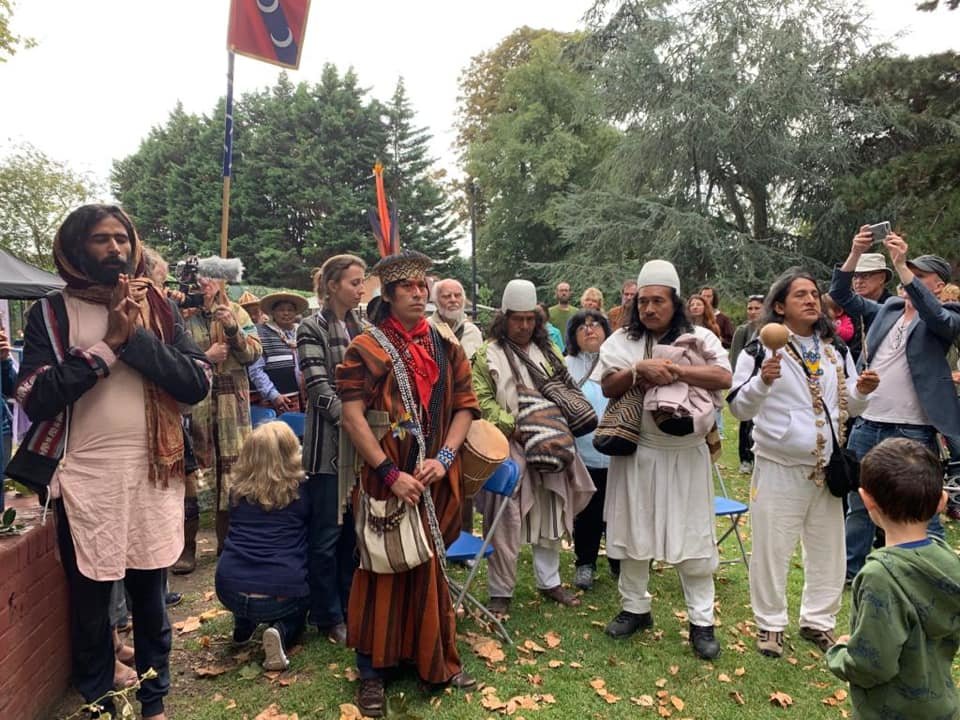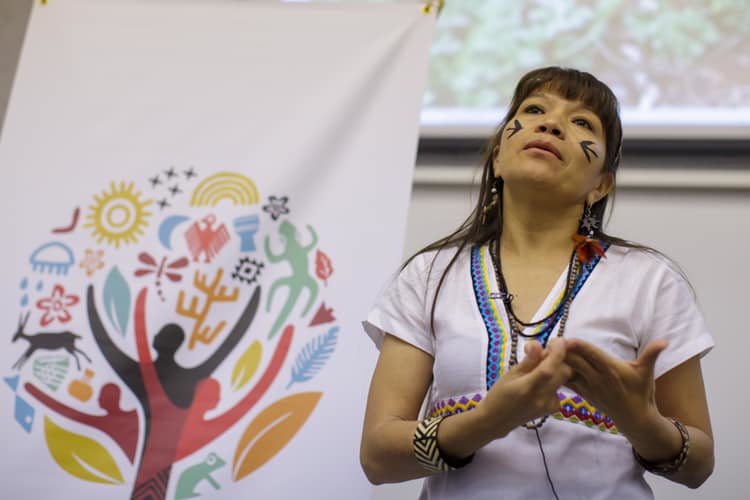By Nessie Reid | Global Environments Network Director
The ‘Flourishing Diversity Series’ aims to cultivate hope amongst all people and engender resistance to damaging agricultural and industrial practices. Rooted in anthropological research, FDS promotes the idea that encouraging diversity to flourish in all spaces is an important part of how every citizen can contribute to regenerating species diversity and healing ecosystems.
- Founders of the Flourishing Diversity Series
As part of GEN's ever-expanding vision, we have begun official GEN Partnerships. This involves GEN – be it core team, or GEN members – supporting via informal collaborations with individuals and organizations whose values and missions are aligned with the Network’s.
GEN was invited as a partner of the Flourishing Diversity Series (FDS), which involved leading the Gaia Spirit Movement (GSM) and helping facilitate sessions at the Flourishing Diversity Summit: a unique opportunity to listen, dialogue and participate with Indigenous leaders from across the world.
Taking place from 6-11 September, the summit kicked off with the Gaia Spirit Movement. As the sun filled Canbury public Gardens, along the riverside in Kingston-Upon-Thames, London, singer-songwriter Oona Chaplin played, welcoming the day. Elders Jyoti, Loretta Afraid of Bear Cook, Luisah Teish, Erena Rangimarie Rereomaki Rhose and grand-daughter Kya-Xe’ Zelaya Dudney then led the opening ceremony, sharing songs, blessings and powerful invitations for the coming week: to hold Mother Earth in our hearts and to listen, deeply. Some people ran, some walked and everyone met back at Greenwich Meridian Line at 6.30pm for a closing blessing, led by the Arhuaco Mamos (spiritual leaders). Living high up in Colombia's Sierra Nevada de Santa Marta mountains, this was the first time the Mamos have come to Europe to speak to the Western world and share their messages and 'the practices needed to maintain balance'. You can read their inspiring, potent message here.
Held in partnership with London National Park City, Extinction Rebellion International Solidarity Network and Extinction Rebellion Youth, diaspora communities in London were also warmly invited to share issues of concern to them in their countries of origin and to remind all of the importance of thinking globally and acting locally.
Day 1 of the Summit focused on Sacred Lands: exploring the relationships between people and the lands they inhabit, learning from the guardians of diversity about their governance structures, natural resource management, and resistance against extractive industry and industrial agriculture that homogenises environments and people.
Day 2 was Mother Earth: understanding the way Gaia has birthed the astonishing diversity of species on which earthly life depends, this day will explore the importance of the female principle in assuring the flourishing diversity and human blossoming. The day was devoted to delving into the systems that care, nurture and regenerate healthy, thriving communities and landscapes.
Day 3 was about Building Alliances for Diversity, which explored the role of partnerships, alliances and working with shared intentions to regenerate, protect, conserve and enhance Indigenous communities, their lands, food security and ecosystems. The day generated collaborative networks and alliances to support Territories of Life.
Every evening during the summit, Listening Sessions were held across London, where indigenous speakers shared their sophisticated approaches to living in community structures that co-exist and support harmony and abundance with the rest of Life.
In this short report, it's impossible to capture the vast knowledge and wisdom which the series contained, so I leave you with this snapshot from an indigenous delegate, Jachuka Rete from the Tekoa community, in Misiones, Argentina. Jachuka has worked internationally for many years as a teacher of Mbya Guarani Language and culture and as territorial technician for the National Institute of Indigenous Affairs.
“We’ve always lived in harmony with nature. Is it possible to continue thinking separately to ‘the environment’ as the western world calls it? There are peoples who have managed to sustainably live for centuries. Why do we want to continue separating the environment and the man? That formula has already failed; destroying much to gain little. Not respecting natural processes. Wanting everything packed and now. Indigenous peoples have been seen as backward communities. Yet they are going after us because we have the natural resources, because we have preserved them. Nature gives you what you need as long as you look after it with love and harmony, like we have for centuries. The Arhuaco Mamos said you have to do and then speak. We haven’t written a lot, but we have done a lot. Now it is time for us to speak.”
To learn more about FDS, see the report, Flourishing Diversity: Learning from Indigenous Wisdom Traditions.
If you'd like to find out more, do get in touch.
Nessie x
Links:
Project reports on GlobalGiving are posted directly to globalgiving.org by Project Leaders as they are completed, generally every 3-4 months. To protect the integrity of these documents, GlobalGiving does not alter them; therefore you may find some language or formatting issues.
If you donate to this project or have donated to this project, you can receive an email when this project posts a report. You can also subscribe for reports without donating.
Support this important cause by creating a personalized fundraising page.
Start a Fundraiser